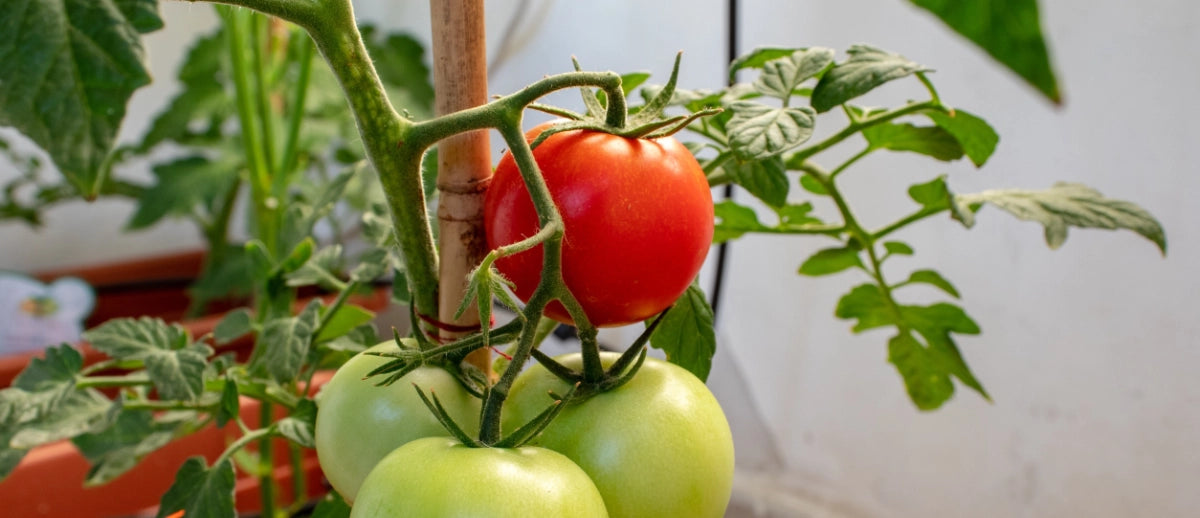Heirloom Tomatoes
Heirloom varieties are open-pollinated, meaning they are pollinated by natural mechanisms like insects or wind, and their seeds will produce plants with the same traits as the parent plant. These tomatoes have been passed down through generations, often for 50 years or more, and are known for their unique flavors, colors, and shapes. There's a wide variety of heirlooms, each with distinct taste profiles, from sweet to tangy or rich. They might not have the disease resistance of hybrids, requiring more care, but many gardeners value them for their taste and the preservation of biodiversity.
Hybrid Tomatoes
Hybrids are created by crossing two different varieties of tomatoes to combine desirable traits like disease resistance, uniform size, or higher yield. The seeds from a hybrid tomato will not reliably produce the same plant in the next generation; they might revert to one of the parent characteristics or something entirely different. They are often bred for commercial purposes to withstand shipping, have a consistent appearance, or resist certain diseases. While some argue they don't match heirlooms in flavor, modern hybrids have made significant strides in taste while maintaining their other beneficial attributes.
Organic Tomatoes
The term "organic" refers to how the seeds or the plants are grown, not the genetic makeup of the tomato itself. Organic seeds come from plants grown without synthetic pesticides, fertilizers, or genetically modified organisms (GMOs). They are produced in a way that aims to reduce harm to the environment, promote ecological balance, and conserve biodiversity.
Both heirloom and hybrid seeds can be organic if they meet the organic farming standards.


